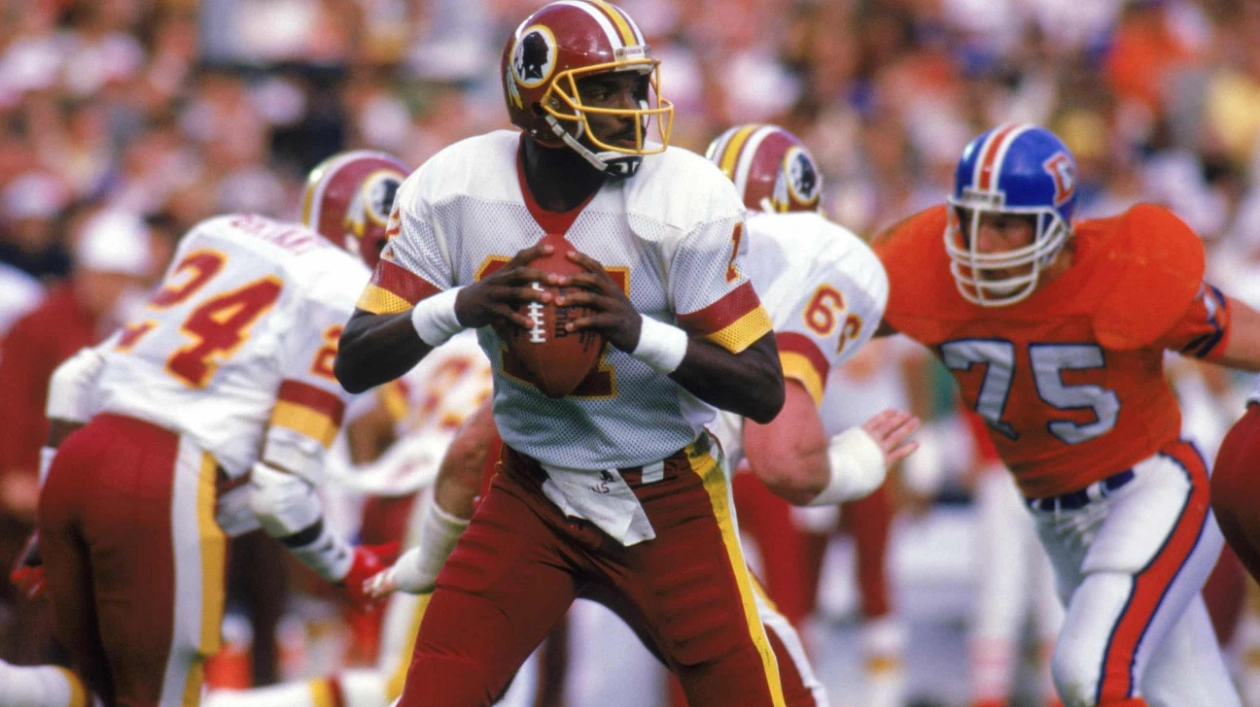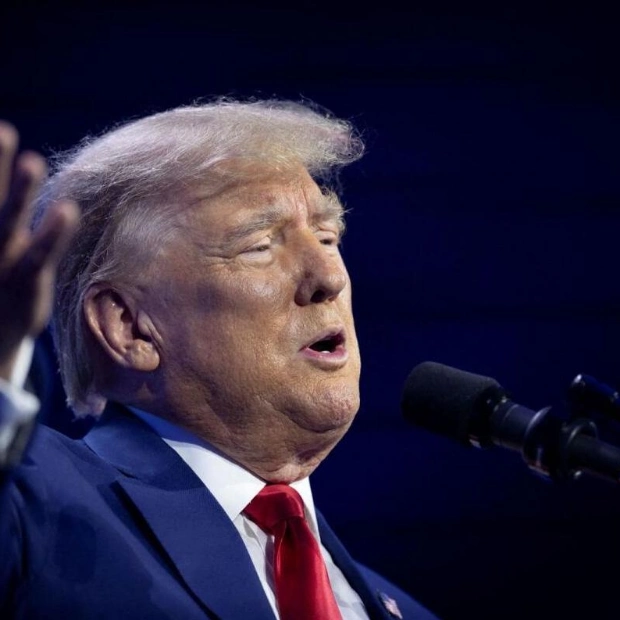Two years ago, under a clear sky in north central Louisiana, Doug Williams and Michael Vick gathered at Grambling University’s Eddie G. Robinson Memorial Stadium to reminisce about their pioneering roles in the NFL. In 1988, Williams led Washington to victory in Super Bowl XXII, becoming the first Black quarterback to start in a Super Bowl and earning MVP honors. Vick, in 2001, was the top pick in the NFL draft. These were pivotal moments for Black quarterbacks, and their impact continued to grow.
“Look around this league now,” Williams told Vick, with his distinctive Louisiana accent. “In the next five to seven years, I wouldn’t be surprised if half of the quarterbacks in the league are Black.” As the NFL season kicked off in September, a record 15 of the league’s 32 starting quarterbacks were Black, including three first-round picks from the 2023 draft. This marked the beginning of a new era for Black quarterbacks, solidified when Kansas City’s Patrick Mahomes faced Philadelphia’s Jalen Hurts in the 2023 Super Bowl.
Mahomes, now 29, is seen by many as the greatest quarterback of all time, despite only starting for seven seasons. Dak Prescott, the highest-paid player in the league, is the face of the Dallas Cowboys. Last year, Lamar Jackson won his second MVP award. The Black quarterback has become the leading figure in pro football. News of a Black quarterback being named a starter no longer raises questions about readiness; they simply take the field.
This evolution is explored in two recent projects. In “The Great Black Hope,” historian Louis Moore examines the 1979 regular-season game between Chicago and Tampa Bay, the first to feature two opposing Black starting quarterbacks. Moore, a professor at historically Black Grand Valley State University, delves into the players and processes that led to this historic contest. Meanwhile, in the three-part Prime Video docuseries “Evolution of the Black Quarterback,” Vick travels across the US to trace the journey from Willie Thrower, the NFL’s first Black quarterback, to 2023’s top pick, Bryce Young.
Vick’s career, marked by both triumph and controversy, is a central theme. After serving 21 months in federal prison for his involvement in a dogfighting ring, Vick returned to the NFL, becoming the comeback player of the year in 2010. His impact on the game is undeniable, influencing a diverse array of quarterbacks he interviews for the series.
The NFL has evolved, embracing a style of play that favors versatile passers, regardless of skin color. Teams now sign Black quarterbacks to support their starters, a practice validated when Andy Reid signed Vick to support Donovan McNabb. Players like Tyrod Taylor and Tyler Huntley now enjoy long and lucrative careers as veteran backups, a reality their predecessors could only dream of.
Vick’s reunion with Williams at Grambling State University was significant. The university played a crucial role in shaping the Black quarterback’s place in American football. Coach Eddie Robinson’s commitment to developing quarterbacks for the NFL, and his recruitment of former pros to coach, was instrumental. Before Williams, Grambling produced James Harris, the first Black quarterback to be named MVP of the Pro Bowl.
As Black quarterbacks have gained acceptance, some compromises have been made. They often avoid using their platform to address institutional racism, fearing backlash from their billionaire bosses and fans. This is a stark contrast to the activism of players like Colin Kaepernick.
Despite these challenges, Black quarterbacks have become a defining feature of the NFL. They are no longer seen as anomalies but as integral parts of the league’s identity. The journey from being a rarity to becoming the face of the league is a testament to the decades-long push toward inclusivity.






